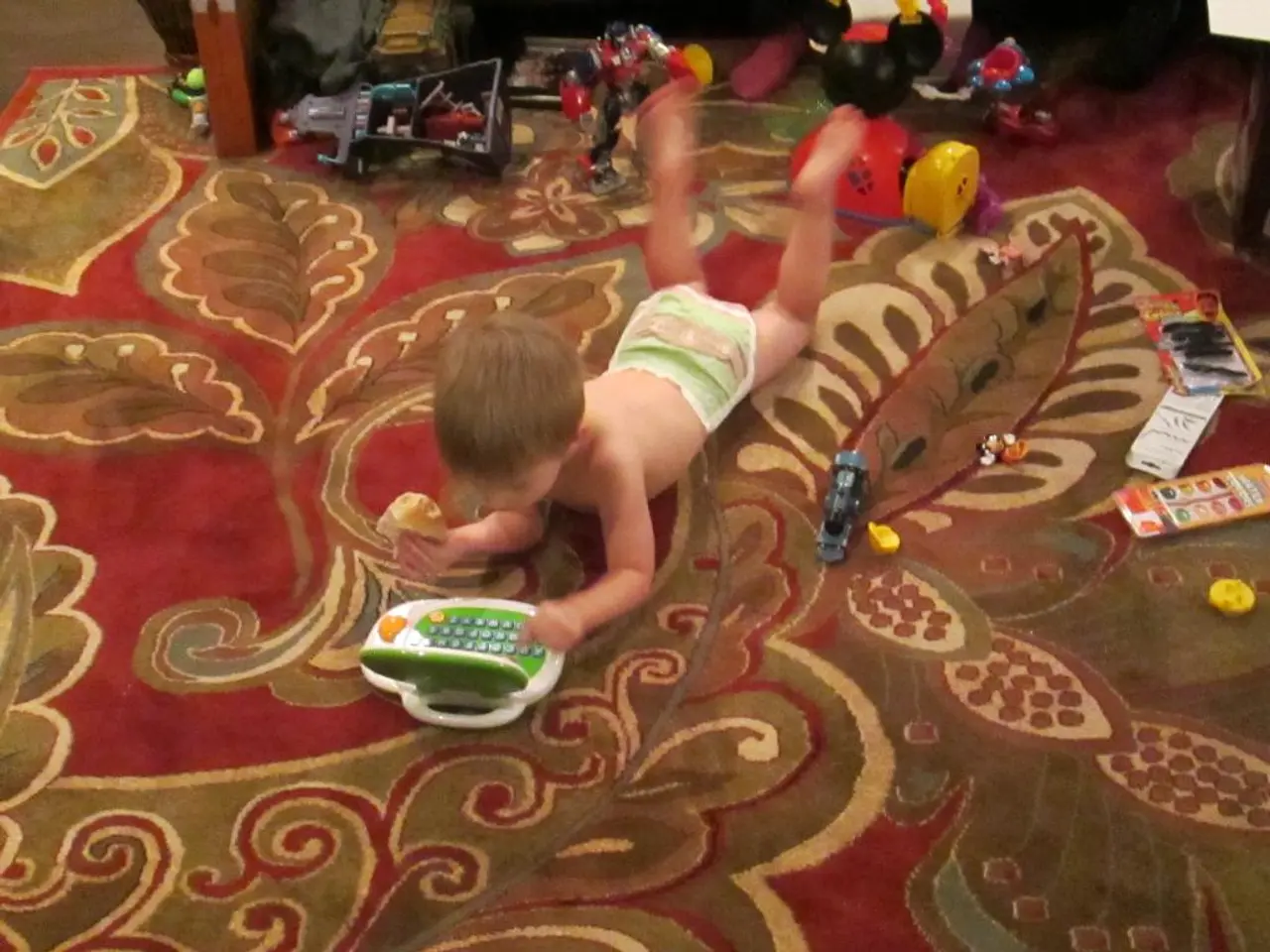Alternative Methods for Modifying Behavior: 10 Effective Options Instead of Physical Punishments for Misconduct
Discipline is a crucial aspect of parenting, shaping the behaviour of our children and helping them grow into responsible, well-rounded individuals. However, traditional methods such as spanking or other forms of physical punishment are increasingly being rejected in favour of more effective and less harmful approaches.
Research and expert consensus indicate that methods like positive reinforcement, logical consequences, empathy, and communication are more effective and less damaging in correcting behaviour. These methods promote faster learning, reduce behavioural problems, and strengthen relationships, without the risks associated with physical punishment.
The Power of Positive Reinforcement
Positive reinforcement is a powerful tool in behaviour modification. It rewards desired behaviours, encouraging repetition and creating a motivational, trust-based environment. This method leads to faster and more robust learning and fewer behavioural issues.
Logical Consequences: Understanding the Direct Results of Actions
Logical consequences help children understand the direct results of their actions in a clear, fair manner. This fosters internalization rather than fear or resentment, promoting responsibility and better decision-making.
Empathy and Communication: Connecting with Children's Emotions
Empathy and communication techniques are essential in correcting behaviour without physical punishments. By connecting with children's emotions, parents can create an understanding that leads to cooperation rather than defiance. This helps children feel supported, reducing frustration and anger that may lead to misbehaviour.
Building Consistency and Setting Clear Expectations
Building consistency is a cornerstone of effective discipline. Children need to know that the rules are always the same and that the consequences for breaking those rules are fair and predictable. Setting clear expectations and boundaries is also key in this process.
Time-outs: Reflection Instead of Punishment
Time-outs can be an effective strategy when used as a tool for reflection rather than punishment. They offer children the chance to calm down and reflect on their behaviour in a quiet space, teaching emotional regulation and providing a break from negative situations.
Offering Choices: Giving Children Control
Offering choices can be a powerful tactic in correcting behaviour without physical punishments. Children are more likely to comply when they feel they have some control over the situation.
The Negative Impact of Physical Punishment
Traditional approaches like spanking or other forms of physical punishment can cause lasting emotional harm. They are linked to increased aggression and defiance, emotional trauma, mistrust, and weakened child-caregiver relationships. Physical injury and behavioural hypersensitivity are also potential risks.
The Shift Towards Positive, Reward-Based Strategies
Corporal punishment is increasingly rejected in educational and caregiving settings in favour of positive, reward-based strategies that support children’s right to safe and respectful learning environments. Psychological behaviour modification research also finds positive reinforcement more effective than punishment or negative reinforcement, as it builds motivation and reduces stress.
In summary, modern behavioural science and practical experience overwhelmingly favour non-physical methods like positive reinforcement, logical consequences, empathy, and communication to promote healthy, sustainable behaviour change. Physical punishment like spanking is widely considered less effective and harmful.
- Empathy and communication techniques, such as connecting with children's emotions, create an understanding that leads to cooperation, reducing frustration and anger that may lead to misbehaviour, thereby promoting health-and-wellness in parenting.
- Research and expert consensus highlight that methods like positive reinforcement, logical consequences, and offering choices are more effective and less damaging in correcting behavior, as they foster responsibility, better decision-making, and stronger relationships, without the risks associated with science-rejected methods like spanking.
- Building consistency and setting clear expectations, such as having the same rules and fair and predictable consequences, helps children understand the direct results of their actions, which is a key aspect of respecting their well-being and growth into responsible individuals.




